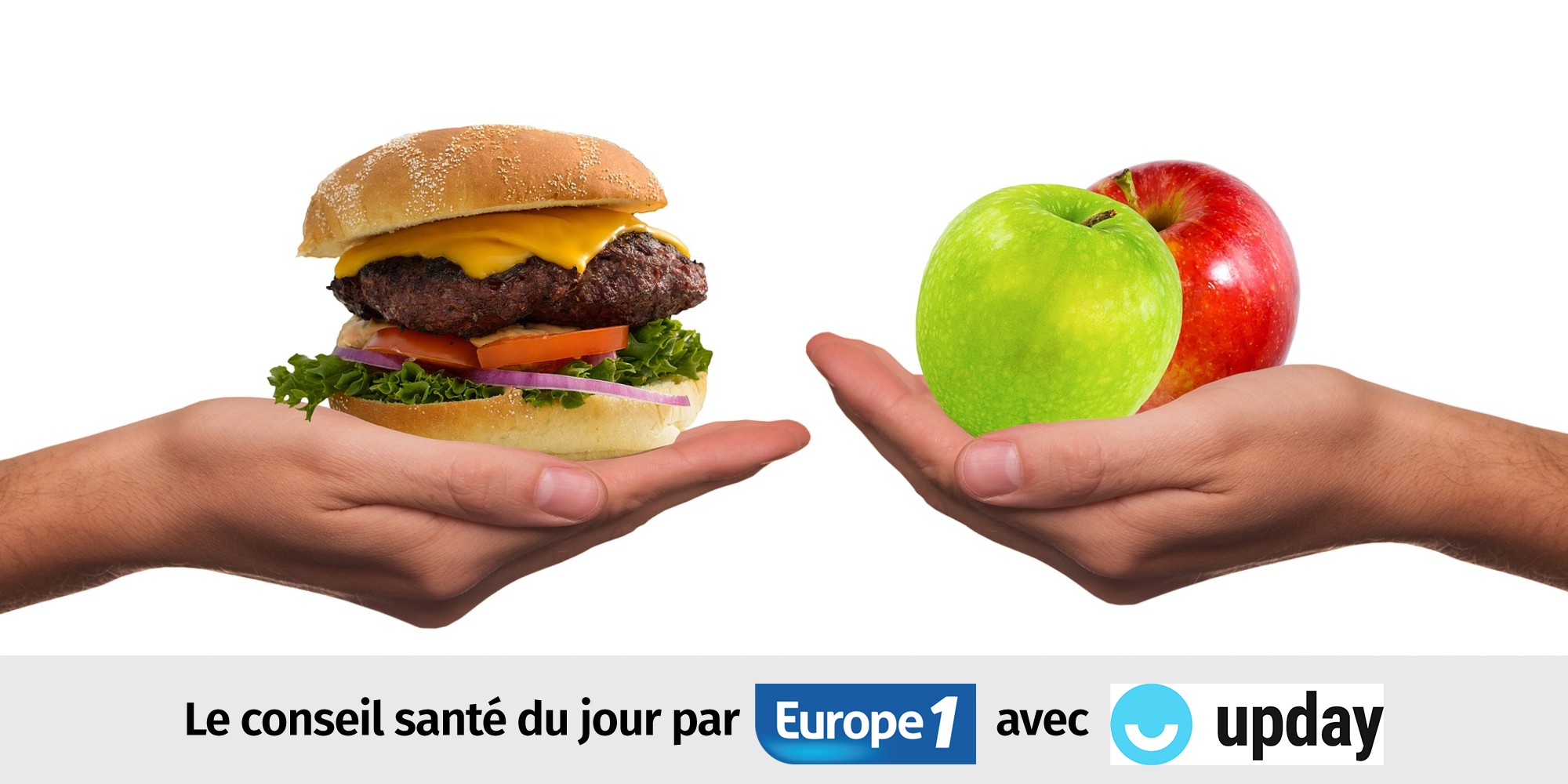A WHO study finds that one in three children in countries in the WHO European Region is overweight.
A public health problem because it has serious consequences, such as sleep apnea, diabetes or high blood pressure.
But there are solutions, explains doctor Jimmy Mohamed, health consultant of Europe 1
DECRYPTION
The alert came from the World Health Organization (WHO): in one of its latest reports, the body points to a worrying level of overweight in children, nearly 1 in 3 (according to the study of 36 countries). But there are effective strategies to fight against childhood overweight, reminds Monday in his column "Our Health" Doctor Jimmy Mohamed, health consultant of Europe 1.
Health problems
"The WHO has studied the weight of children from 36 different countries and the results are quite worrying, because almost 30% of them are overweight, with almost as many boys as girls. Obviously, we do not speak absolutely no aesthetic criterion: children must have a normal weight for their health, because an overweight or obese child will have more sleep apnea in adolescence, more arterial hypertension, but also more metabolic diseases such as diabetes.
>> Find Jimmy Mohamed's column every morning at 8:37 am on Europe 1 as well as in replay and podcast here
Not to mention the psychological consequences related to isolation and the image of her body that can be sent back, especially in the age of social networks, which distort the reality of what a young girl's body should be or of a young man.
WHO also considers childhood obesity to be one of the greatest challenges for public health in the 21st century.
Food rebalancing and more sport
But there are effective strategies in the fight against overweight children. The main cause of overweight and obesity in children is an energy imbalance between calories consumed and calories expended. Clearly, we need to move more and eat better. However, one can imagine the negative impact of the pandemic on weight, because children, and in particular adolescents, have been much less active than before.
The take-home message is that children should not be dieted, but rather a food rebalancing.
More homemade products, less industrialized products, sweet or fatty, and more sports activities.
The official recommendations are one hour of physical activity per day, every day.
Except that barely 20% of teens would respect these recommendations.
Taxes and the fight against social inequalities
Political powers also have their role to play.
Because the reduction of overweight has been observed in certain countries which have been able to put in place certain measures: tax sweetened drinks, as has been done in France, tighten the advertising rules for fatty, sweet or salty products, or even develop physical education classes.
Finally, it might also be a question of correcting certain social inequalities, because children and adolescents are not able to choose the environment in which they live, nor the foods they will eat. "

